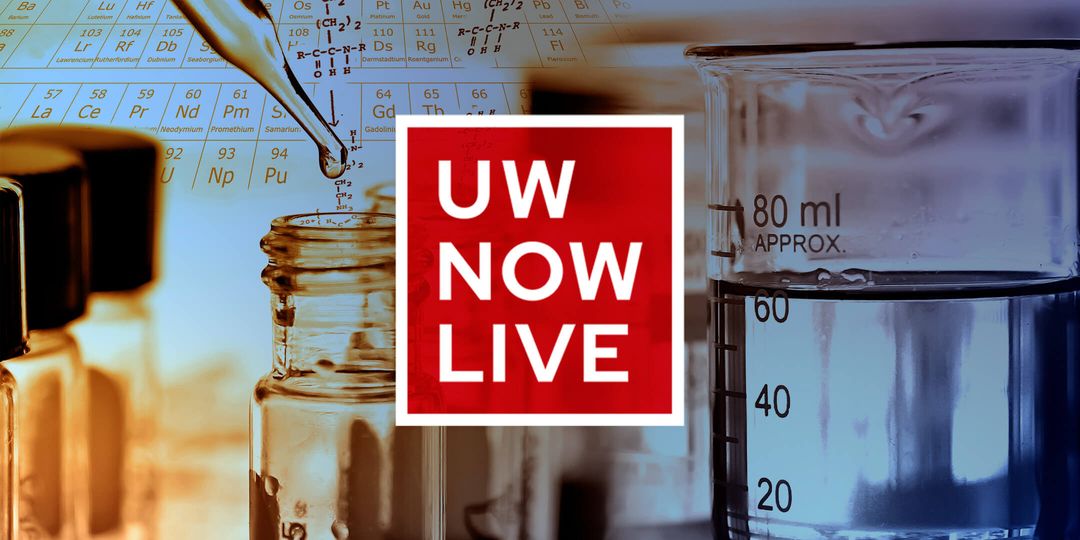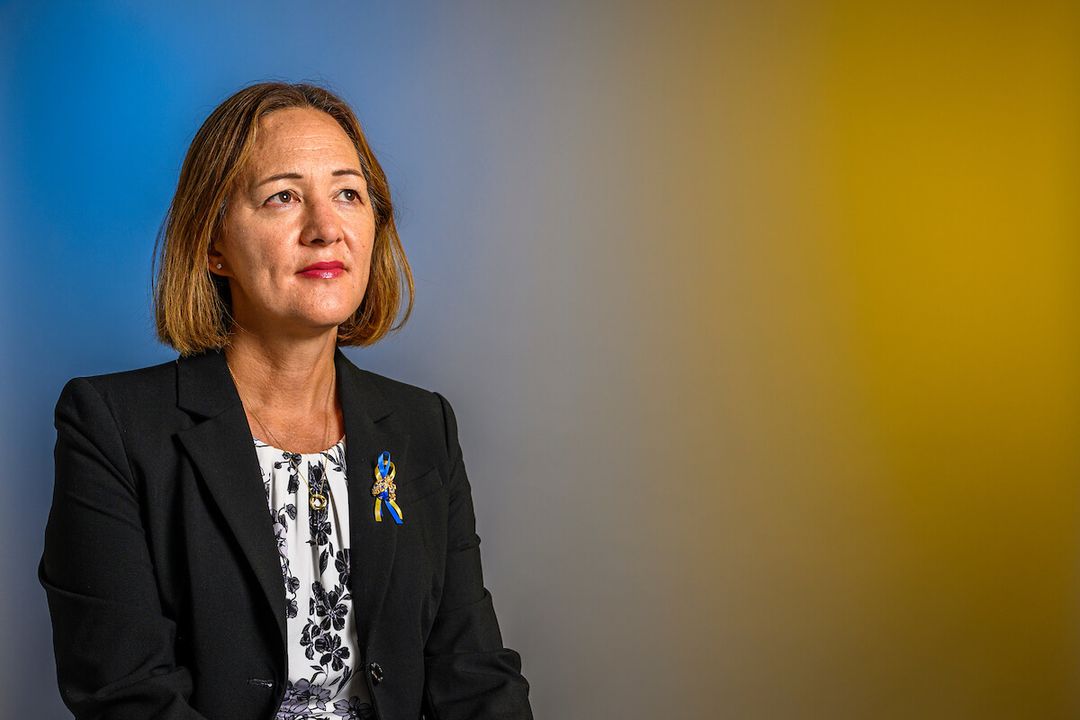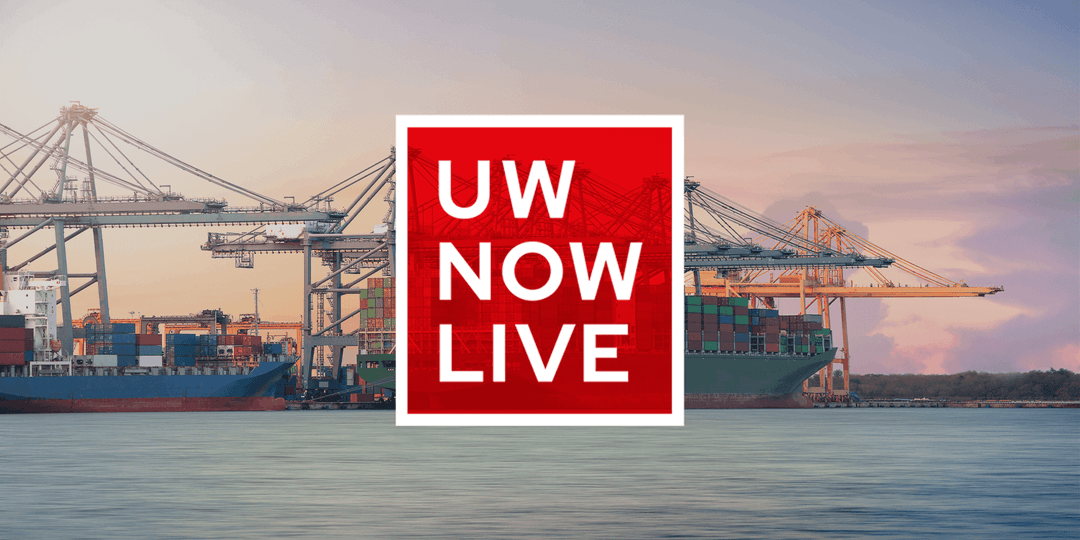In March 2020, the Wisconsin Foundation and Alumni Association (WFAA) created The UW Now Livestreamto share information with UW–Madison alumni and friends during the isolation and confusion of the COVID-19 pandemic. Over the following four years, the livestream has grown to be a source of reliable insight and expert analysis, bringing in UW faculty, graduates, and friends to speak authoritatively on the topics that matter most.
“Our primary goal in creating this [livestream] was to help keep our alumni and friends connected to UW during the pandemic,” said Mike Knetter, WFAA CEO and emcee of the livestream. “We learned a lot about that, and we realized virtual alumni events have a lot of advantage even in normal times. What developed was really an important connection between faculty, staff, alumni, experts, and you, our viewers.”
On August 13, 2024, the livestream held its 100th episode, and Knetter hosted a wide-ranging conversation with guests who shared insight into some of the year’s most pressing issues. Political scientist Charles Franklin talked about the presidential election, looking through the lens of his Marquette Law School Poll. Economist Dana Peterson MS’02 of The Conference Board shared insight about the direction of the U.S. economy. And Nasia Safdar MS’02, PhD’09, the Dr. Dennis G. Maki Endowed Faculty Fellow in the Division of Infectious Disease in the Department of Medicine and medical director of infection control at UW Hospital and Clinics, spoke about the recent spike in COVID cases and what that may mean for public health.
Franklin’s latest poll, released just a week earlier, was the first he’d conducted since Joe Biden dropped out of the presidential race and was replaced by Kamala Harris. “In one sense, nothing changed,” he said. “It was a very close race in June. It’s very close here in August. But in what happened in the meantime was dramatic change. … [Harris is] doing better than Biden was doing in June or for that matter how Biden is doing in August. Donald Trump, though, also got a little bit of a boost from the assassination attempt and then the Republican Convention with his favorability rating moving up a little bit, his retrospective job approval as president also going up just a little bit. But the biggest change I would point to is enthusiasm about the election.” He noted that enthusiasm had jumped by 15 to 20 percentage points between his June and August polls.
Peterson addressed a different question: “Is the U.S. [economy] falling off a cliff?” she asked. “My short answer is probably not.” She offered data about consumer sentiment and inflation to reassure viewers that, while growth of the U.S. gross domestic product will likely slow in the coming months, a recession is unlikely. “At least relative to last spring, consumers are not thinking there are recessions on the way,” she said. “Most CEOs don't think that either.”
Safdar, who was the livestream’s first guest on March 31, 2020, gave a more sobering look at COVID trends today. While the virus isn’t causing the level of serious illness and death that it was in 2020, she said, “the test positivity rate continues to rise, emergency department visits continue to go up.”
Much of that rise has to do with reluctance of many people to get vaccines, and that reluctance is likely to continue as American society assumes more and more that COVID will be a part of life.
“I think that we have found an uneasy coexistence with SARS-CoV-2,” she said, using the term for the virus that causes COVID-19 illness. “It continues to surprise us in terms of how fast the virus continues to evolve, and we always seem to be in a state of trying to catch up, but I think we at least have a reasonable sense of where things will go in the future.”




